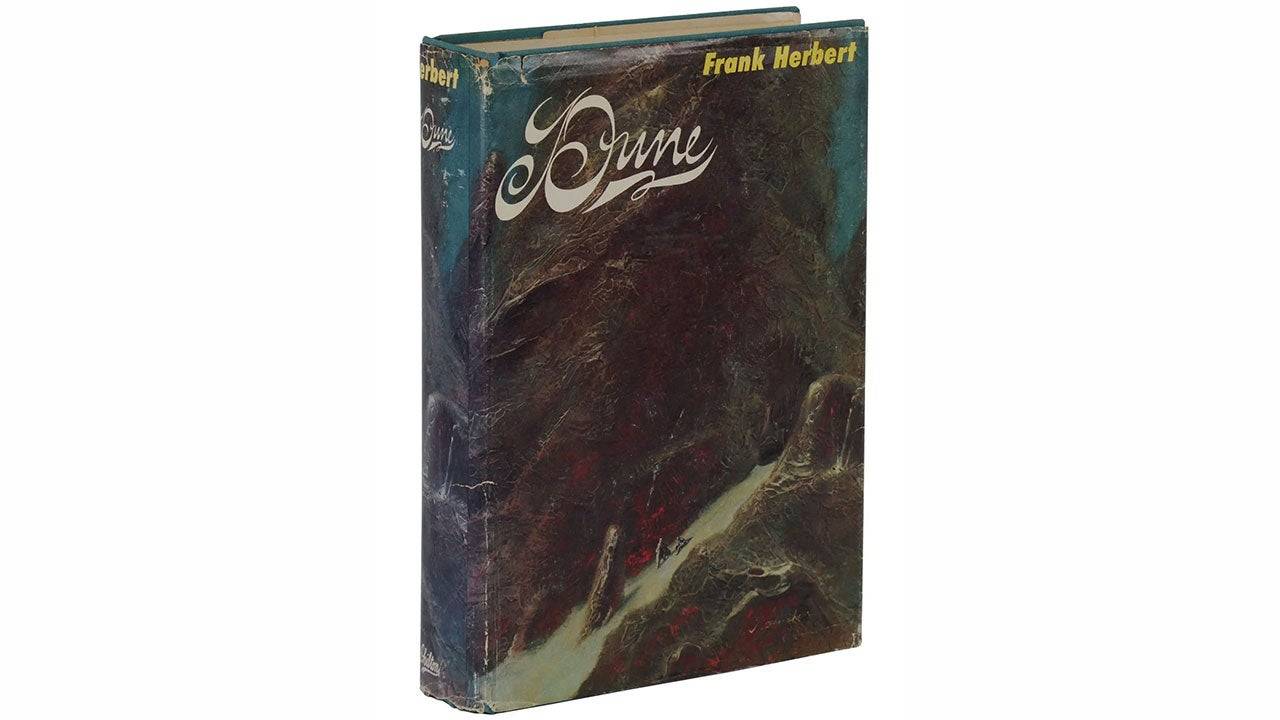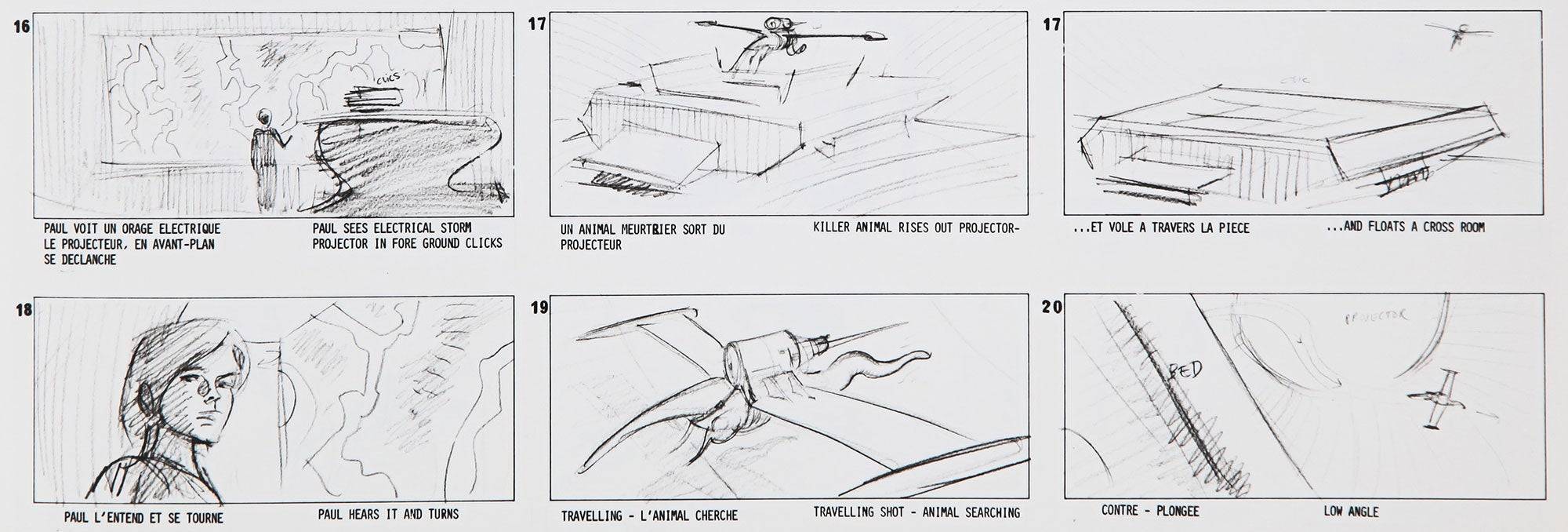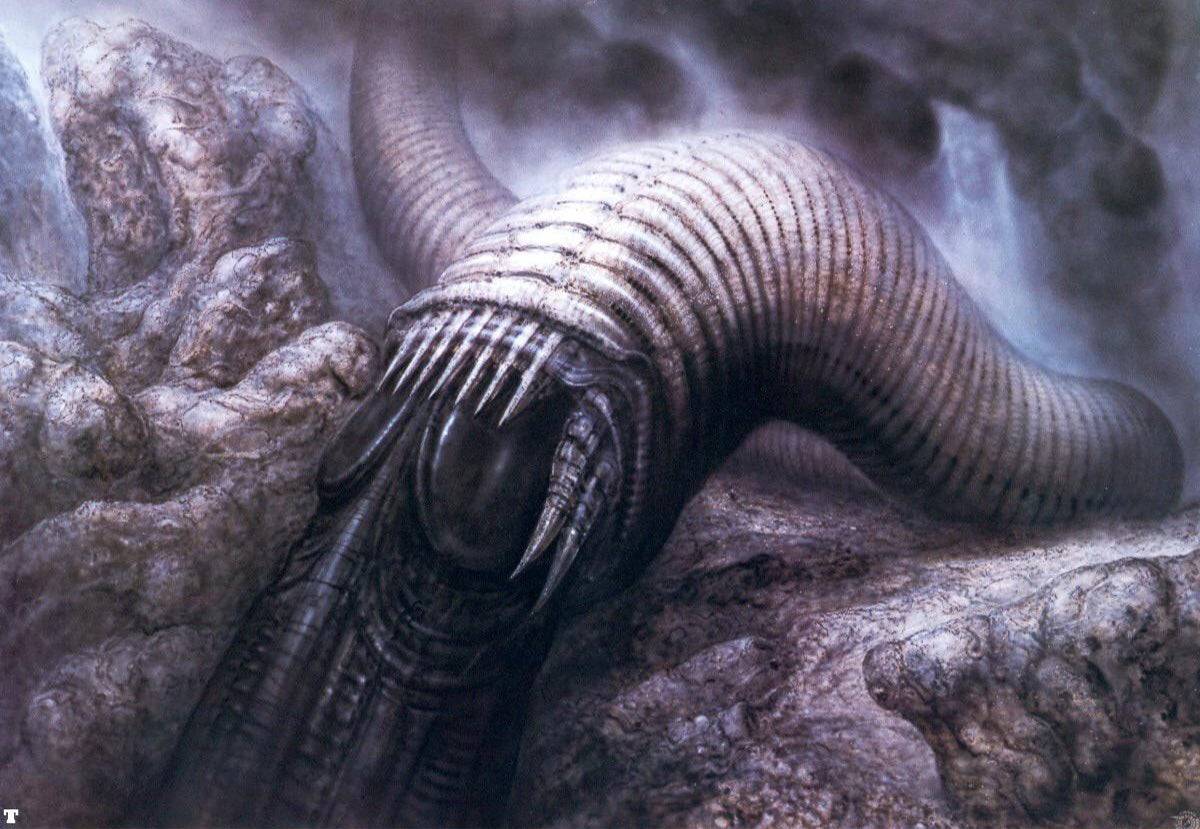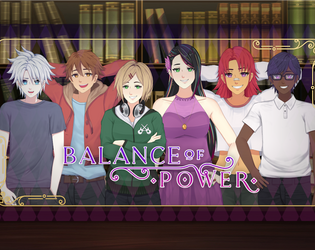As we celebrate the 40th anniversary of David Lynch's *Dune*, it's fascinating to reflect on what could have been with Ridley Scott's vision of the iconic sci-fi saga. Initially announced in 1981, shortly after Scott's departure from the project, Lynch's film was a box office disappointment, grossing just $40 million. However, over the decades, it has cultivated a dedicated cult following, especially when compared to Denis Villeneuve's more recent adaptations. Thanks to the diligent efforts of T.D. Nguyen, a previously unseen 133-page October 1980 draft of Scott's *Dune* screenplay, penned by Rudy Wurlitzer, has surfaced from the Coleman Luck archives at Wheaton College.
When Ridley Scott took on *Dune* after the success of *Alien* in 1979, Frank Herbert had already crafted a comprehensive two-part screenplay adaptation. Scott, recognizing the challenges in translating Herbert's dense narrative into a cinematic experience, chose to retain only a few scenes from Herbert's script. He enlisted Wurlitzer for a complete overhaul, aiming to capture the essence of the novel while infusing it with his unique directorial style. Wurlitzer's adaptation, intended as the first part of a two-film series, faced numerous obstacles, including Scott's emotional turmoil following his brother's death and budgetary constraints that exceeded $50 million. According to Universal Pictures executive Thom Mount, Wurlitzer's script did not receive the unanimous approval needed to move forward.
A Wilder Shade of Paul
The October 1980 draft opens with a striking dream sequence of apocalyptic armies traversing the universe, setting the stage for Paul Atreides' "terrible purpose." This version of Paul is introduced as a young child of seven, displaying a "savage innocence" and a proactive nature. Stephen Scarlata, producer of the documentary *Jodorowsky's Dune*, notes that Wurlitzer's Paul is more assertive, actively taking charge and even surpassing Duncan Idaho in training. This portrayal contrasts with Lynch's more vulnerable depiction of Paul, adding a different layer of tension and development to the character.

Long Live the Emperor
The script introduces a significant plot twist with the Emperor's death, serving as the catalyst for the ensuing chaos. This event unfolds in a mystical setting, with the Emperor's soul departing amidst oscillating energies. The Baron Harkonnen, through his nephew Feyd-Rautha, attempts to manipulate Duke Leto into a spice production agreement, which Leto staunchly rejects. The script includes a line eerily similar to one in Lynch's film: "He who controls the spice controls the universe," raising questions about possible influences between the two scripts.
Flight of the Navigator
A notable scene features the Atreides family aboard a Guild Heighliner, where they encounter a Navigator, a spice-mutated creature not typically revealed until *Dune Messiah*. This depiction, with its detailed description and connection to Scott's *Prometheus*, adds a unique visual element to the narrative. Upon arriving on Arrakis, the script emphasizes the medieval aesthetics of the Atreides' fortress, drawing parallels to Scott's later work, *Legend*.
The ecological theme is strongly highlighted through Liet Kynes and his daughter Chani, who introduce the Duke and Paul to the environmental devastation caused by spice harvesting. The script also explores class disparity in Arakeen's squalid ghettos, inspired by Gillo Pontecorvo's *The Battle of Algiers*. A new action-packed scene involves Paul and Duncan engaging in a bar fight, which, while exciting, feels somewhat out of place in the context of Paul's character development.
Baron Wasteland
The script delves into darker territories with Dr. Yueh's betrayal and the violent invasion of the Atreides castle by Harkonnen Death Commandoes. Paul's visions, induced by inhaling spice vapor, introduce his unborn sister Alia and foreshadow his destiny. The Hunter-Seeker, reimagined as a bat-like creature, adds a biological twist to the original mechanical device, reflecting influences from Alejandro Jodorowsky's unmade *Dune*.

The Deep Desert Controversy
Paul and Jessica's escape into the desert is intensified, with detailed descriptions of their harrowing journey and encounters with the Fremen. A significant departure from previous versions is the absence of incest between Paul and Jessica, though a provocative suggestion of it had been considered earlier. The script culminates in a Water of Life ceremony, where Jessica transforms into the new Reverend Mother, solidifying Paul's role as the Fremen's Messiah.
Despite its bold deviations from Herbert's novel, Wurlitzer's script captures the ecological, political, and spiritual dimensions of *Dune* in a balanced manner. The script's mature and grimdark tone, however, was not universally embraced at the studio level. Mark Bennett, a longtime *Dune* fan, suggests that the script's deviations and emphasis on "magic" might have alienated fans of the novel.

Conclusions
Frank Herbert's *Dune* series explores the dangers of charismatic leadership and the ecological consequences of human actions, themes that Wurlitzer's script amplifies. While Lynch's adaptation focused more on the spiritual aspects and Villeneuve's on the perils of leadership, Wurlitzer's version uniquely balances these elements with a strong emphasis on environmental issues.
Despite its unfinished nature, Wurlitzer's script offers a glimpse into what could have been a groundbreaking adaptation of *Dune*, potentially aligning more closely with Herbert's original intentions. As we look to the future, the ecological and political themes of *Dune* remain as relevant as ever, suggesting that a new adaptation could yet bring these elements to the forefront of cinematic storytelling.















